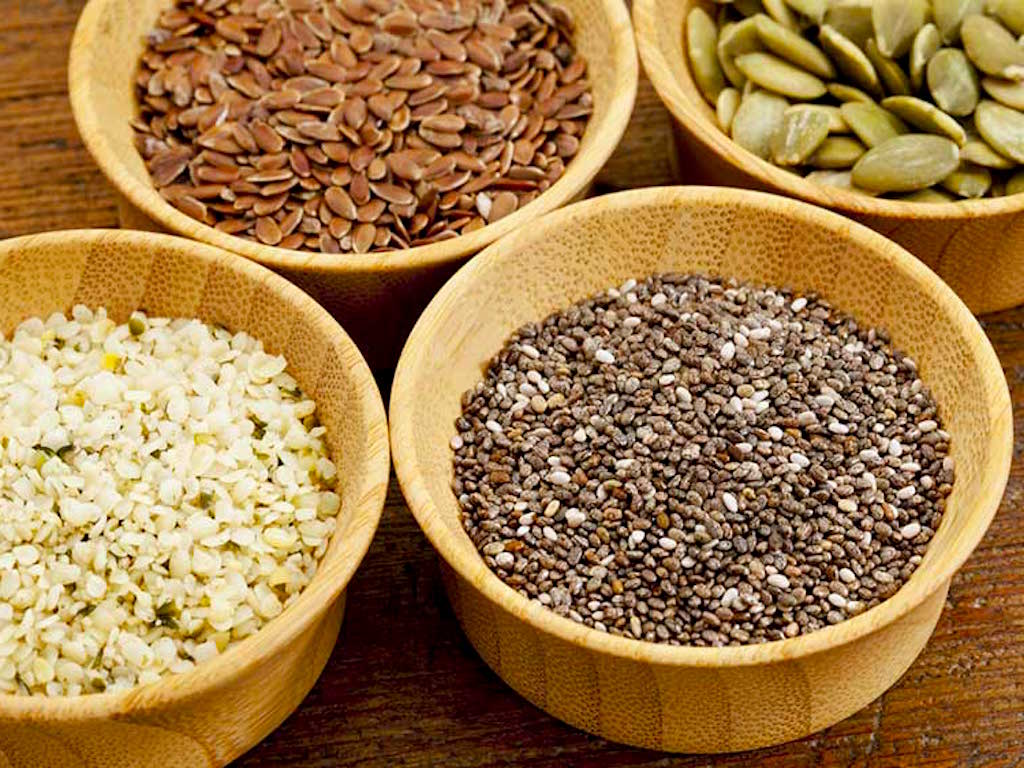5 Mins Read
Omega-3 fatty acids are essential for health and wellbeing. Many people believe that omega-3s can only be found in non-plant-based sources such as fatty fish. However, there are many plant-based foods that do contain omega-3s, and crucially, fish contain omega-3s because they eat plankton and algae.
There are three main types of omega-3s: ALA (alpha-linolenic acid), DHA (eicosapentaenoic acid), and EPA (docosahexaenoic acid). Eating a variety of omega-3s helps to promote heart health by curbing inflammation in blood vessels and lower levels of triglycerides, thus reducing the risk of heart disease. As well, they are crucial for mood stabilisation and other age-related causes of mental decline. DHA, in particular, is the most critical and is the main structural fat in our eyes and our cerebral cortex, the part of our brain supporting memory, language, emotion and attention.
Plant-Based Supplementation
Depending on how many plant-based sources of omega-3s we can incorporate into our diet, we may still need some extra supplementation to meet the recommended guidelines of 250-500 milligrams per day for adults. Plant-based folk who might not enjoy eating nuts and seeds, or might have allergies to them, can opt for algae-based omega-3 supplements that usually come in pill form, such as spirulina tablets.
Best Vegan Omega-3 Foods
Plant-based sources of omega fatty acids are more ethical as well as more sustainable as they do not contribute to depleting marine species and plastic pollution associated with the fishing industry. Not to mention, fish-based supplements, oils, and seafood often carry the risk of mercury poisoning, making plant-based omega-3s a safer option too.
These plant-based sources of omega fatty acids are not only healthy, but delicious and versatile, too.
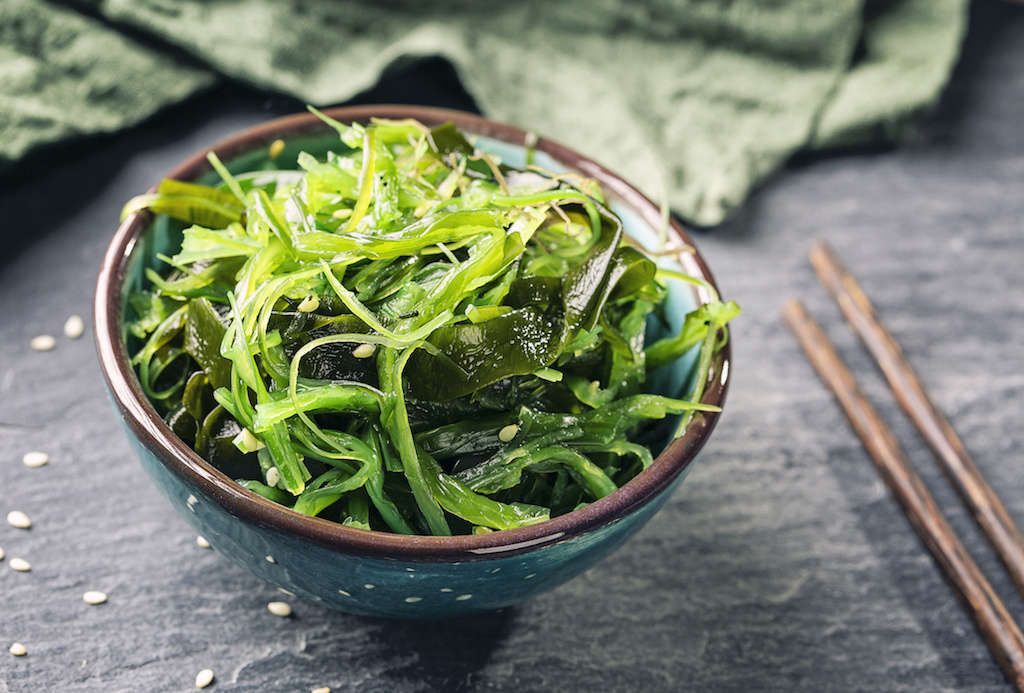
1. Seaweed & Algae
Seaweed, nori, spirulina, and chlorella are different types of algae and all are great plant-based sources of omega-3. They are among some of the few plant groups that contain both DHA and EPA fatty acids, and can be easily incorporated into our diet. Seaweed can be found as a snack; nori is the type of seaweed used to make sushi, and other variations such as kombu can be added to miso soups. Chlorella and spirulina are often sold in powder form and can be added to smoothies, porridge, and juices.
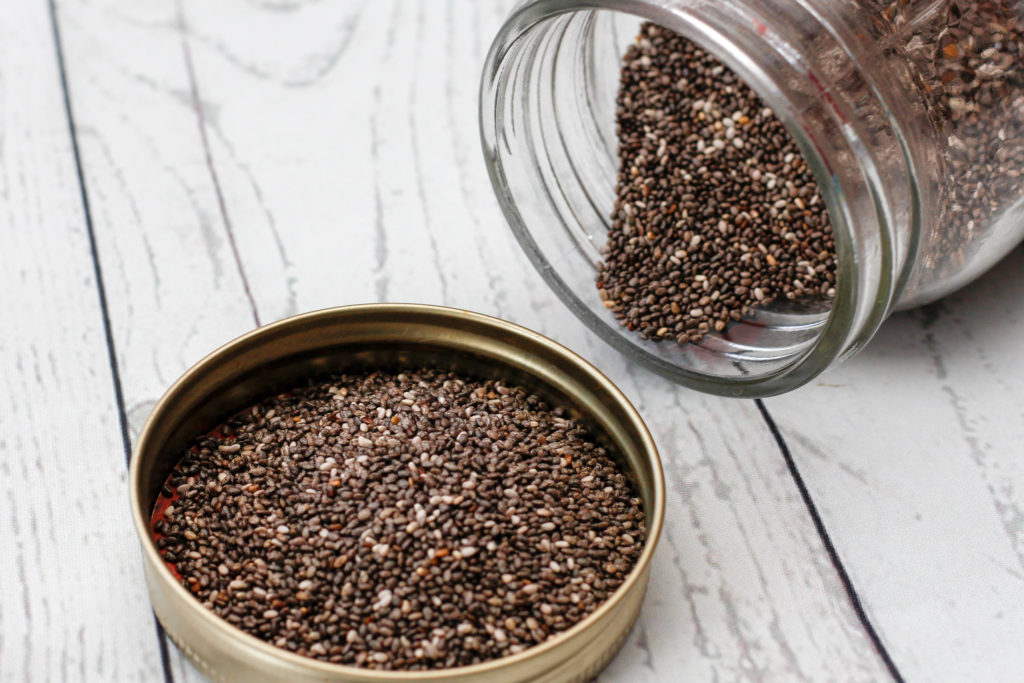
2. Chia Seeds
Chia seeds are another fantastic source of omega-3s, especially ALA fatty acids, as well as being high in protein and fibre. Each 1-ounce serving of chia seeds contains over 5 grams of of ALA, and can be easily incorporated into meals as a topping on porridge, an ingredient in granola, salads, and smoothies. Chia seeds can also be left in water or plant-based milk to use as an egg substitute for baking.
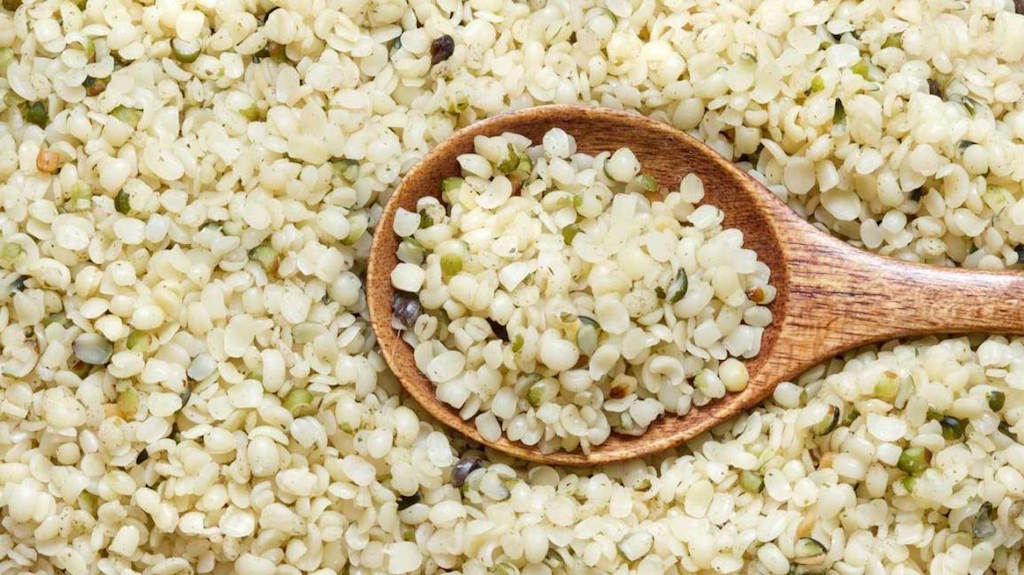
3. Hemp Seeds
Help seeds are also an excellent source of ALA, containing 2.6 grams of ALA per 3 tablespoons. Like chia seeds, hemp seeds can be sprinkled over salads, smoothie bowls, vegan yoghurt and porridge. Aside from being high in omega-3s, hemp seeds are packed with other nutrients such as magnesium, iron, and zinc, all of which contribute to healthy skin, heart health, digestion, and skin.
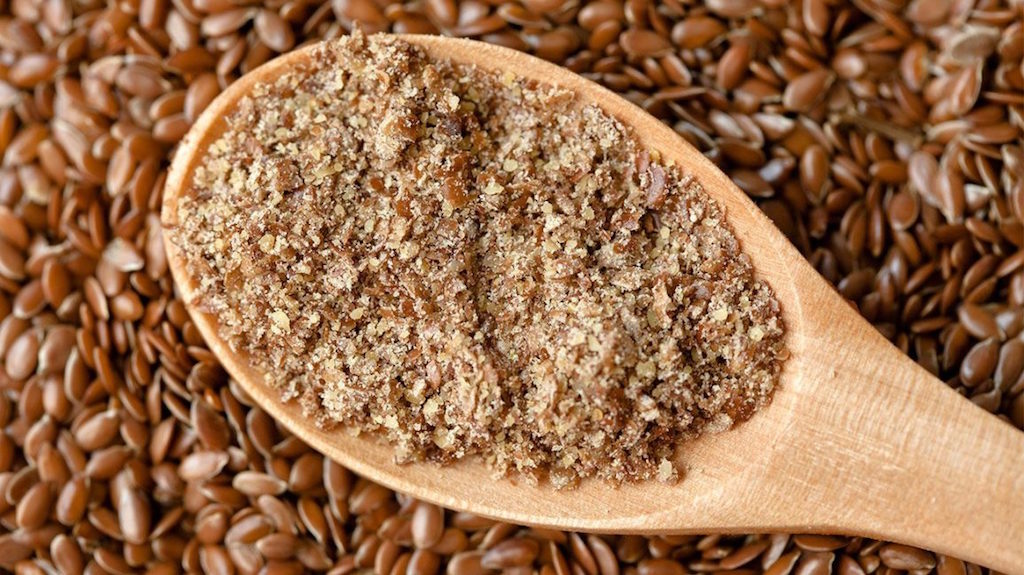
4. Flaxseeds
Flaxseeds come packed with 6.7 grams of ALA each tablespoon, making it one of the most efficient plant sources of omega-3 fatty acids. In addition to being rich in ALA, they contain high levels of fibre, protein, and magnesium. Just like chia seeds, they can be used as a vegan egg replacement, added to smoothies, and sprinkled on salads and oatmeal. You can also try using flaxseed oil as a dressing on salads.
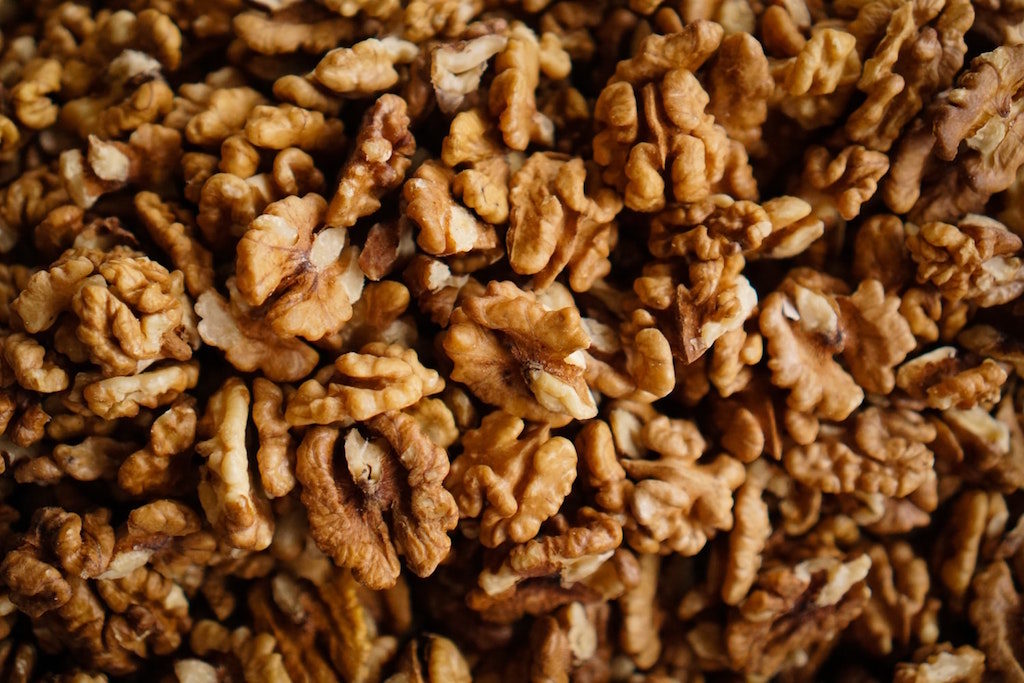
5. Walnuts
Nuts are a great source of healthful fats, including omega-3 fatty acids. Just snack on a handful of them or add them to any dish. They are also a common ingredient in many trail mixes or energy bars.
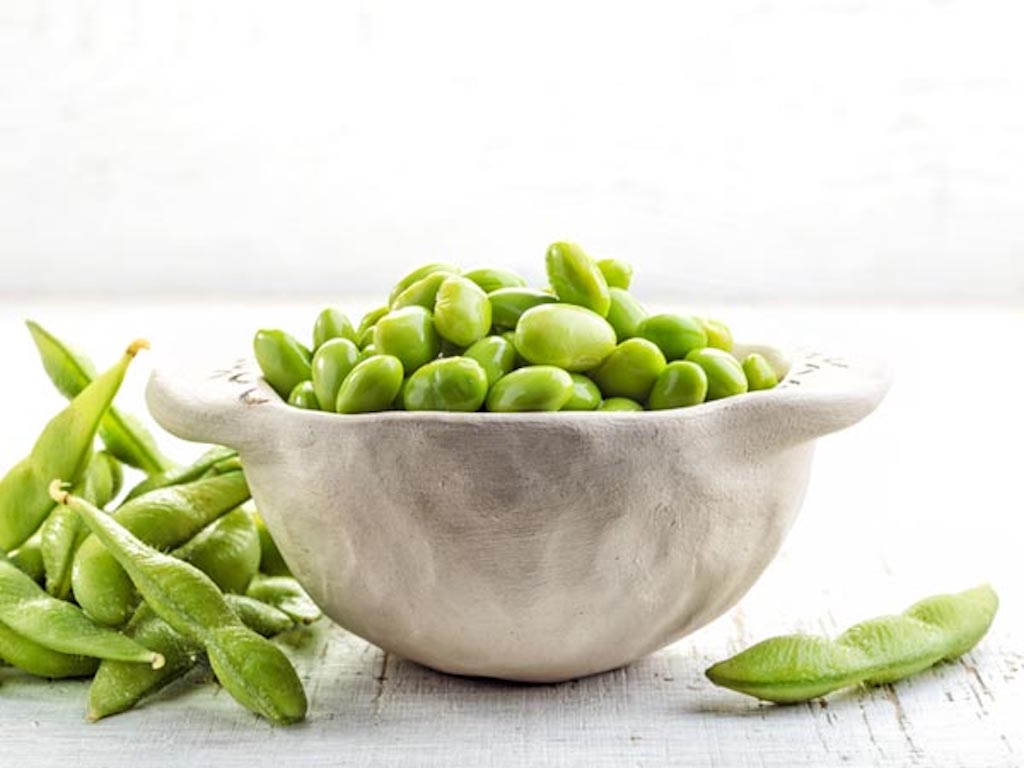
6. Edamame
While edamame does not contain a high amount of omega-3s, half a cup does come with 0.28 grams of ALA, so it can be added into your diet alongside other plant-based sources to boost your intake. Enjoy them in dishes or simply snack on a bunch of them.
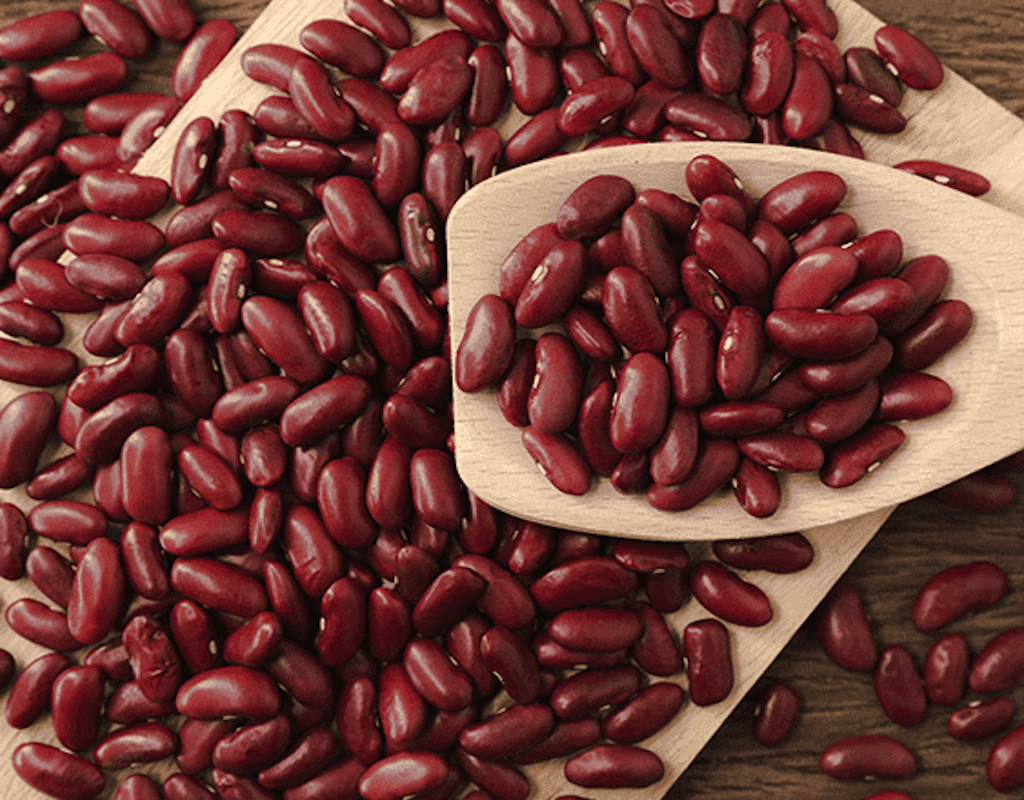
7. Kidney Beans
Who knew that kidney beans contain omega-3s? Like edamame, kidney beans do not pack in an awful lot of omega-3s with 0.1 grams of ALA per half-cup. But because they are such a versatile ingredient for everything from salads to stews and curries, it is an easy way to add them to your diet as a way to increase your omega-3 intake.
Want to know other vitamins and nutrients that you might be lacking and how to supplement them on a vegan diet? Read more about it here.
Lead image courtesy of Shutterstock.

